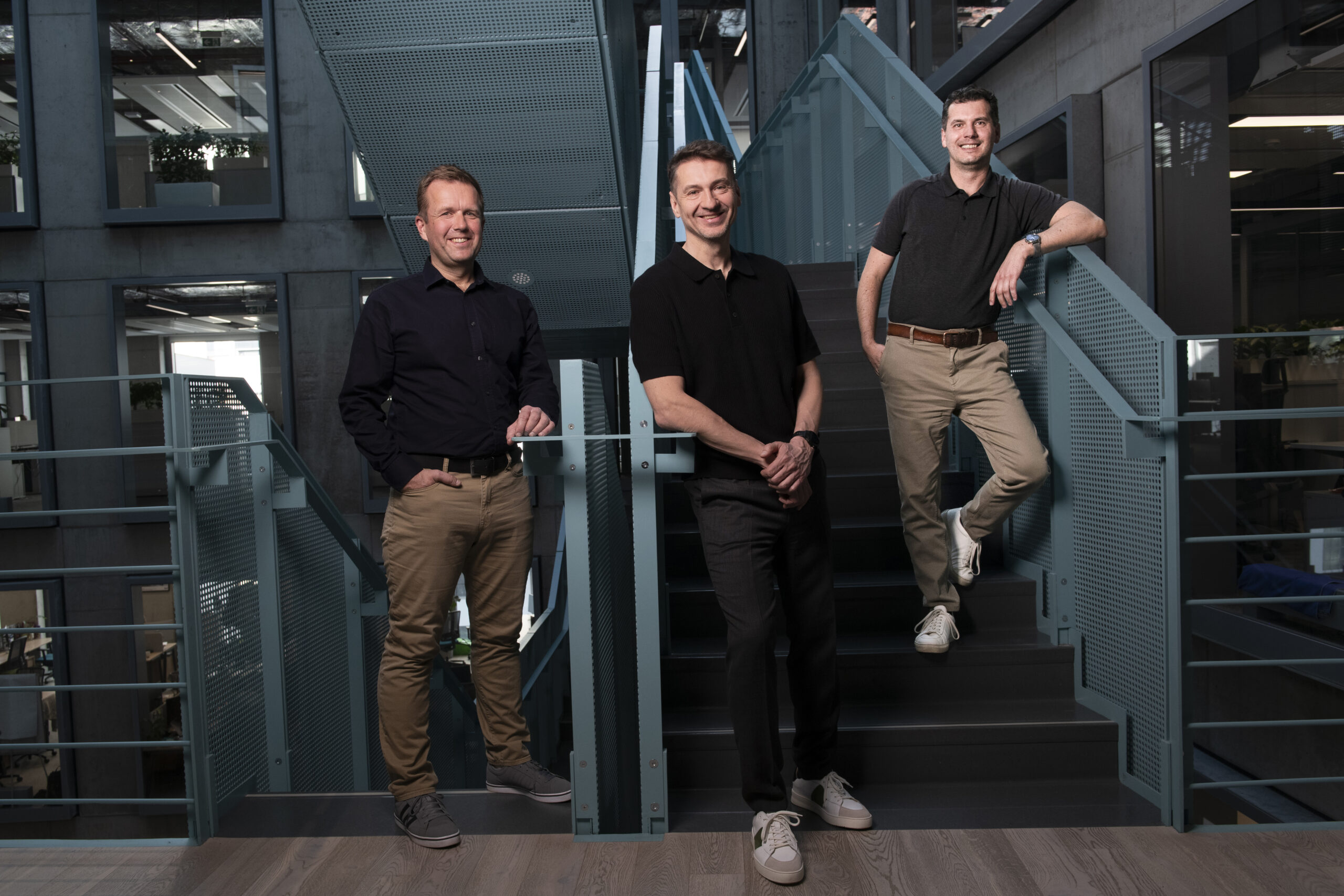Let’s start from scratch. In our part of Europe, there is no clear understanding of what a startup really is. Quite often, I hear from investors, “I invest in something that already exists, something visible. I don’t invest in ideas.” Let me put it straight. An idea is not a startup. If you have an idea, you just have an idea for a startup; don’t call it a startup. Startup is something totally different, startup is an idea that is already executed. At least partly. You have a founder; you have the basics of the team, you have the product (MVP or close to it), and you have an idea about the market. There is quite a lot of work from the idea to a startup.
There are different stages in a startup’s life, and each has its investors. The idea stage is generally financed by one’s own money or FFF. There are not many investors willing to invest in the idea stage. An exception is successful second-time founders who have already proved that they do deliver. Investors have trust that they spend their time wisely and invest in basically anything they start. Then we have angel round, pre-seed, seed, series A,B, C, and on. The rounds can be confusing and are quite different in US and Europe.
Some investors say that startups are just fashion, and lifestyle. Sure, there have always been new companies being created. But in the last 40-50 years, something has changed. World is connected, global. And with easier access to capital, companies can grow much faster, not gradually as they did in the past. But the truth is that they HAVE TO GROW fast. If not, somebody will do the same faster, better, globally. And the slow company will be eliminated by competition. As an investor, that’s not what you want.
European fragmented market (and CEE even more) gives many companies the comfort of being protected from global competition. Markets are too small for global players. But as startup investors, we want to invest in companies that have ambitions to succeed in the global market. We don’t want founders with a local mindset.
Growth potential is essential. A start-up investor is looking for 10-1.000 his money. Unlimited upside. An improvement of a production line that will double or triple the revenue is not a start-up.
Every investor has different tastes—some like local game, some like bricks and mortar. But when I talk about start-ups, I mean technological start-ups with global (or at least regional) ambitions. Technology is the crucial word. Most successful start-ups are technological companies. And technology is changing the world for the better (mostly). We tend to use less the word start-up and rather call it a technological company, tech. It describes it better.
Start-ups are drivers of new technology and innovation. And they are the main reason for the US superiority over Europe. The willingness to invest in new technology and the acceptance of new technologies in the corporate world is much higher in the US than in Europe. Tech has the potential to change the world. Any real estate project, yet beautiful, cannot do anything. Sure, tech is risky. There is always a big probability that it will not succeed. Real estate might seem less risky. But there are ways to play with the risks, which will be the topic of some of my future post.
Do you want to discuss some topics? Do you have remarks or questions? Let me know; I will cover it in the coming posts.

Petr Sima, Founder and Partner @ DEPO Ventures | EBAN board member


